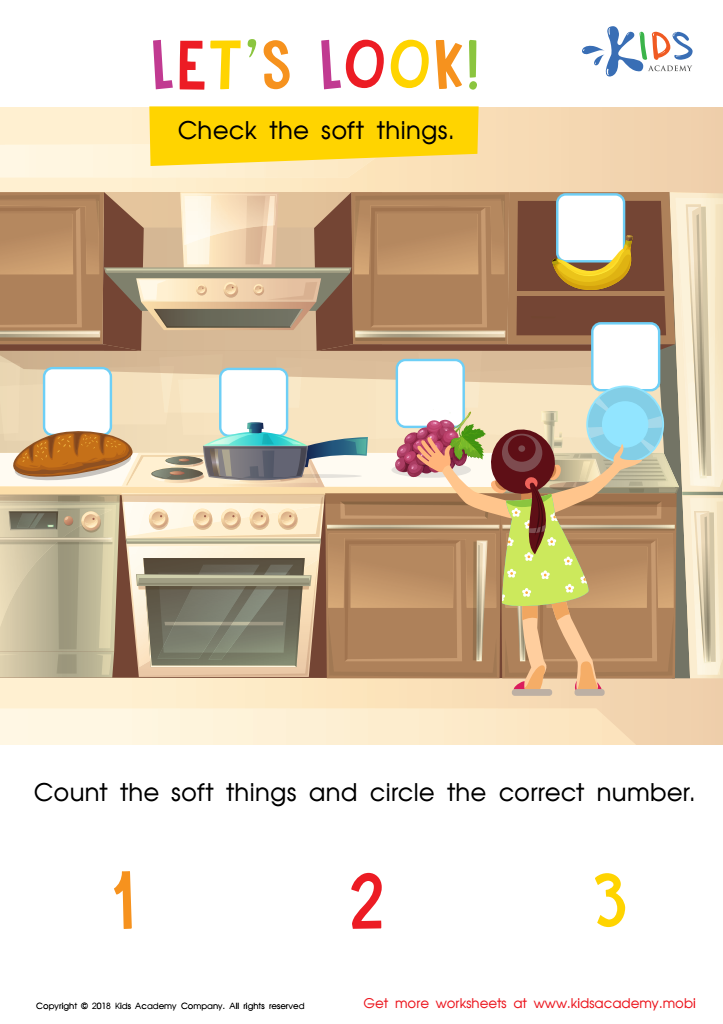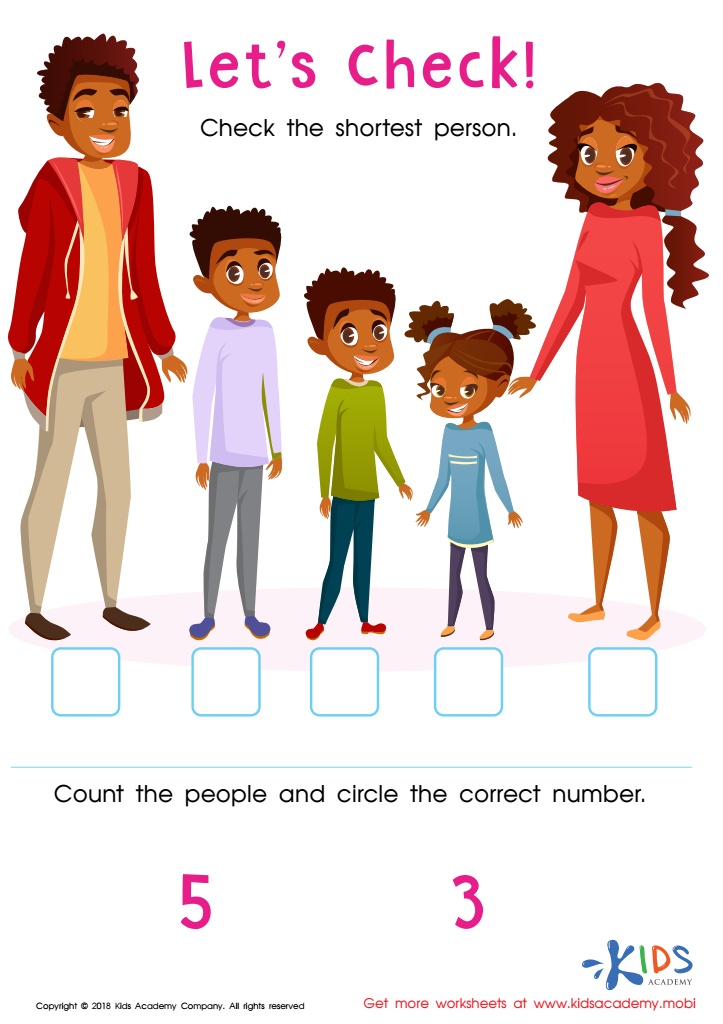Social Studies worksheets activities for Ages 4-5
2 filtered results
-
From - To


Let's Look! Assessment Worksheet


Let's Check! Assessment Worksheet
Social Studies worksheets activities serve as an essential tool in the educational landscape, offering a unique blend of benefits aimed at enhancing students' understanding of history, geography, cultures, and societal systems. These activities are meticulously designed to engage young minds, fostering a deeper comprehension and appreciation of the world around them.
First and foremost, Social Studies worksheets activities provide a structured approach to learning that helps students to organize and digest complex information. By breaking down vast topics into manageable sections, these activities facilitate easier absorption of facts, dates, theories, and concepts. This methodical breakdown is especially beneficial in accommodating different learning styles, ensuring that each student can grasp the material in a way that suits them best.
Moreover, Social Studies worksheets activities encourage critical thinking and analytical skills. Through various tasks such as comparing historical events, understanding cause and effect relationships, and evaluating different perspectives, students are prompted to think deeply about the material. This not only bolsters their cognitive abilities but also prepares them to tackle real-world issues with a well-rounded understanding and empathy.
Additionally, these activities offer a hands-on learning experience. Unlike passive learning methods, Social Studies worksheets activities require active participation, prompting students to engage directly with the content. This engagement is key to retaining knowledge over time, as it transforms passive observations into memorable, interactive experiences.
Furthermore, Social Studies worksheets activities provide flexibility in teaching methods. They can be adapted to individual or group settings, promoting both independent research skills and collaborative learning. This adaptability ensures that educators can tailor their teaching strategies to meet the diverse needs of their classroom, making learning more accessible and inclusive for all students.
In conclusion, Social Studies worksheets activities are an invaluable resource in the educational journey. They not only enrich students' knowledge of global cultures, histories, and systems but also cultivate essential skills like critical thinking, analysis, and empathy. By integrating these activities into the curriculum, educators can offer a more dynamic, engaging, and effective learning experience.

 Assign to My Students
Assign to My Students




















